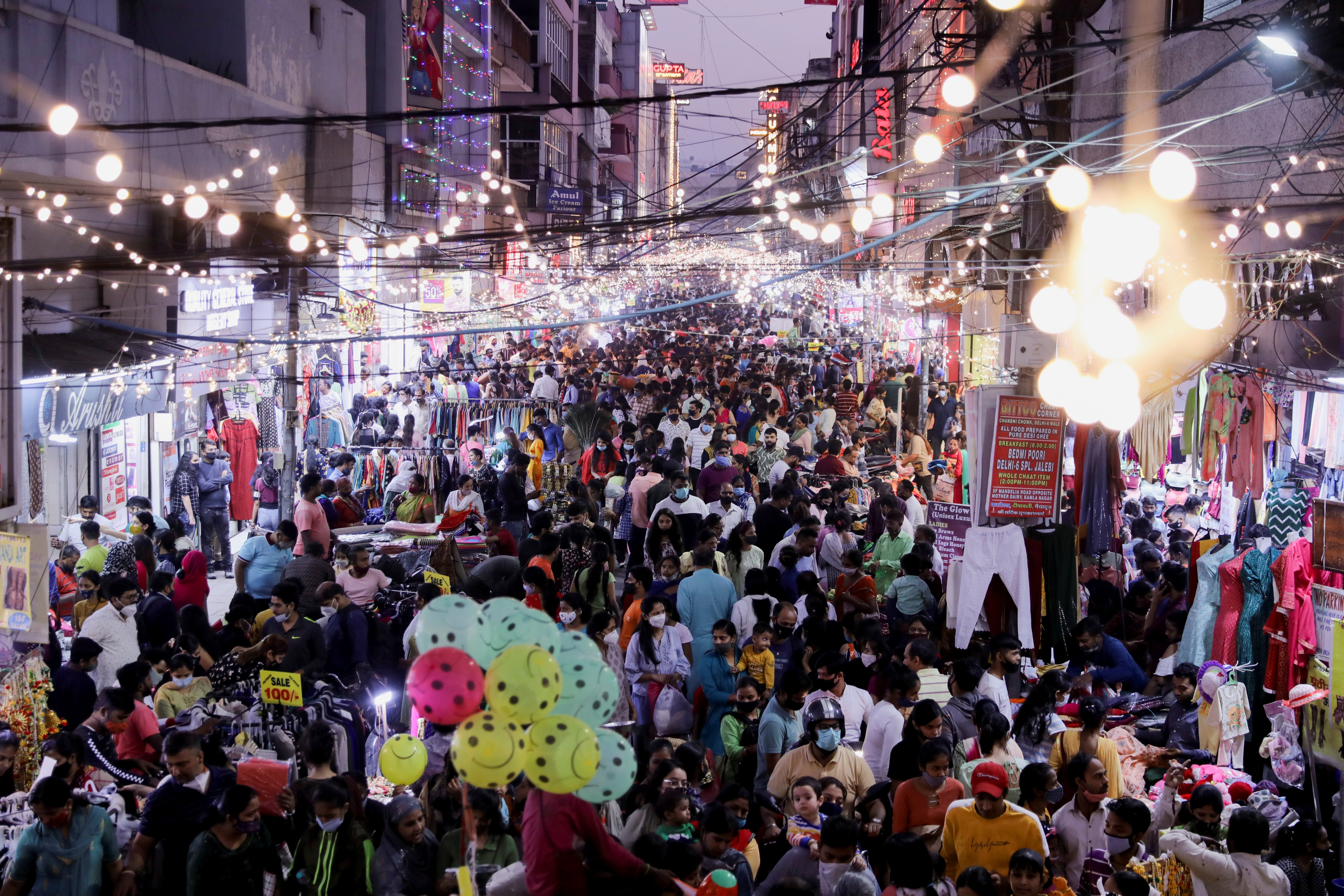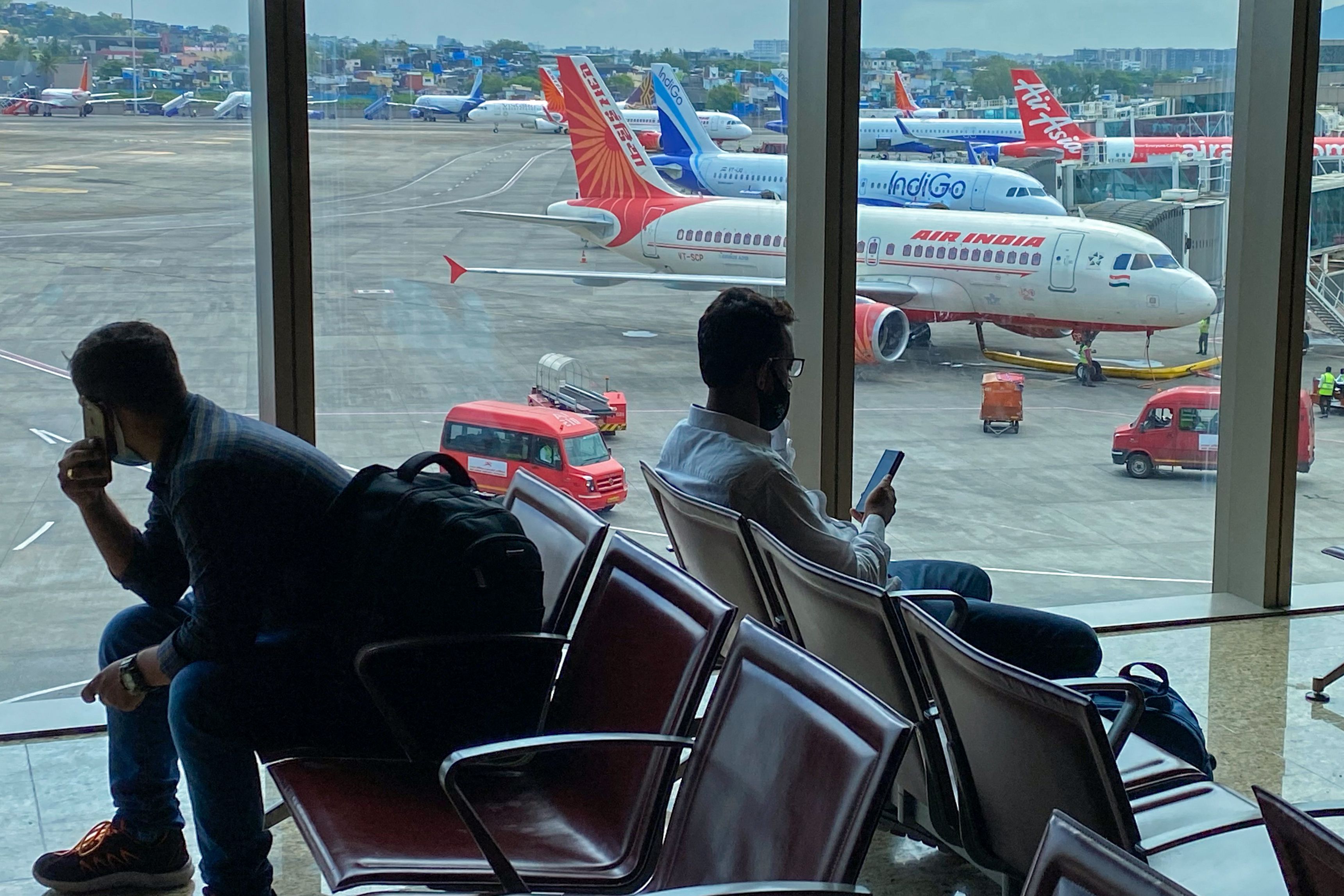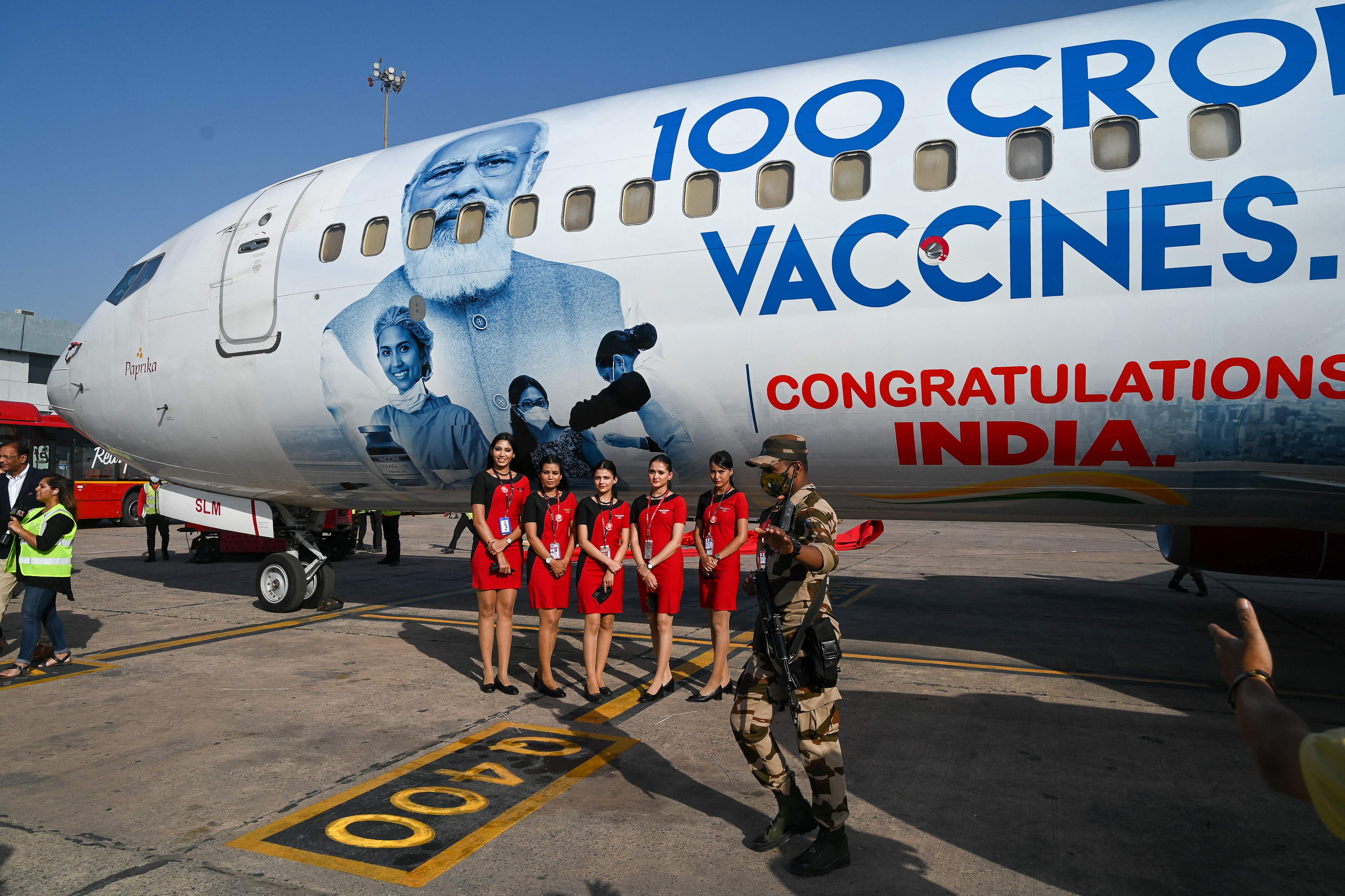Diwali: Experts fear Covid spike as India sees ‘revenge tourism’ boom for festive weekend
As families return home for Diwali festivities and domestic travel soars to near pre-pandemic levels, a top public health expert says the country is letting its guard down and risking a new wave of Covid. Arpan Rai reports from Delhi


Your support helps us to tell the story
From reproductive rights to climate change to Big Tech, The Independent is on the ground when the story is developing. Whether it's investigating the financials of Elon Musk's pro-Trump PAC or producing our latest documentary, 'The A Word', which shines a light on the American women fighting for reproductive rights, we know how important it is to parse out the facts from the messaging.
At such a critical moment in US history, we need reporters on the ground. Your donation allows us to keep sending journalists to speak to both sides of the story.
The Independent is trusted by Americans across the entire political spectrum. And unlike many other quality news outlets, we choose not to lock Americans out of our reporting and analysis with paywalls. We believe quality journalism should be available to everyone, paid for by those who can afford it.
Your support makes all the difference.It is a smoggy afternoon ahead of the festive weekend in India, and the eight arrival gates of Delhi’s main international airport seem more like the entry points to a carnival site, teeming with excited travellers ready to jet across the country and celebrate Diwali with their loved ones.
This week has seen an exponential spike in people taking flights out of Indira Gandhi International Airport as vast numbers flocked back home or to spend the long weekend – many offices will shut down for Thursday and Friday – at a tourist destination like Goa, finally open to hassle–free travel after the world’s largest and longest national lockdown.
On Monday, official figures showed that 680,911 people flew out of India’s various airports, of which 88 per cent were domestic travellers heading to destinations within India.
“I had to push people off the counter last week and the thick crowd was piling so much that there was no space to put my foot on the ground. They were sticking to the glass walls of our booth like flies,” says Harsh Mehra, manning a Covid-19 rapid testing booth at one of the departure gates.
Security officials guarding the entrance road to the airport say that early morning flight catchers have meant the return of the never-ending convoy of cars queuing to approach the main Terminal 3 in the last few weeks.
“Just a couple of days back, within 8 hours the airport saw close to 16,000 people entering,” says one of the security personnel sitting at the entrance, as an aircraft flies overhead and slowly fades away in the thick reddish-grey haze of Delhi’s polluted winter sky.
Most Indians are heading back to their respective homes for the Diwali holidays, though a large number are heading to Goa for vacations because a number of otherwise popular southern and north-eastern states are still seeing high Covid case numbers. Other notable groups are leaving for Dubai to watch the men’s cricket T20 World Cup, says Sudhir Ranjan, director of Travel Butler LLP, a luxury travel agency.
The Delhi airport, which serves nearly 70 million passengers every year, is seeing its domestic passenger footfall approach pre-pandemic levels as confidence in the vaccines and a desire to get back to travelling after the March 2020 lockdown grows by the day. Health ministry officials in India have previously described this phenomenon as “revenge travel”.

“A faster rise in the trajectory of domestic travel is already visible. We’re seeing roughly about 300,000 passengers [daily] compared to the over 400,000 passengers [on average before the pandemic],” says Kapil Kaul, CEO and director of aviation consulting and research body Centre for Aviation (CAPA).
As a result, Mr Kaul says that domestic air traffic for the fourth quarter of this year could be closer to 30 million — at least 20-30 per cent higher than the previous quarter of July-September. International travel will bring India an additional 4-5 million travellers, he adds, with tourism visas being allowed for regular flights from mid-November.
What India is seeing is nothing but pent-up demand for travel and, at this rate, the country will reach its pre-pandemic levels by the first or second quarter next year, Mr Kaul tells The Independent.
This phenomenon is not unique to India – a survey by the International Air Transport Association (IATA) from September this year showed that 67 per cent of the respondents felt that most country borders should be opened up.
At least 73 per cent people said that their quality of life is suffering as a result of Covid-19 travel restrictions, an increase of six percentage points from June this year.
But while the desire is understandable, experts fear this what the crowds of domestic tourists at hotspots and Diwali markets, largely with minimal to no Covid safety protocols such as mask-wearing or distancing, will do to infection numbers in a country which saw the horror of overflowing crematoriums and hospitals at breaking point just five months ago.

After all, while the numbers have greatly reduced compared to during the second wave in April and May, India is hardly virus free now. The country is recording between 13,000-15,000 cases per day on a seven-day average with notable high numbers of infections in Kerala, which accounts for 50 per cent of India’s cases.
September saw around three times as many travellers by air in India than there were in May this year, when the second wave of Covid-19 was tearing through the country, according to the data of India’s federal airports authority.
Dr Subhash Salunke, a veteran public health expert who had warned India’s top authorities about the second wave in March, says that the country has failed to learn its lessons and complacency now is ignoring the fact that the virus could mutate at any time.
“Skies are not going to fall if people don’t travel for the next six months,” Dr Salunke tells The Independent.
“So long as this virus is happy with us and not mutating, we are okay. The moment this virus mutates and decides to punish us, it will be another solid kick. This wave could be more lethal, who knows? It is just a two-year-old virus,” he says.
Referring to China, which recently put a city of four million under a lockdown after just a small Covid-19 cluster surfaced, Dr Salunke says that India could learn from containment measures in other parts of the world.
“We are not talking in hypothetical or theoretical terms, look at China. There is a definite possibility (of virus’s re-emergence). We have to keep these warning signals in front of us and act accordingly,” Dr Salunke says.
He says those vacationing and travelling have dropped their guard – and their masks – and contrasts that with the total lockdowns in virus-affected parts of China.
It may yet take more than a year for the health crisis to end and as long as the virus is virulent and transmissible, a mutant could potentially lead to a new outbreak at any time, Dr Salunke says. “No vacation, at least for the next six months, is worth it [to avoid that],” he says.
Join our commenting forum
Join thought-provoking conversations, follow other Independent readers and see their replies
Comments